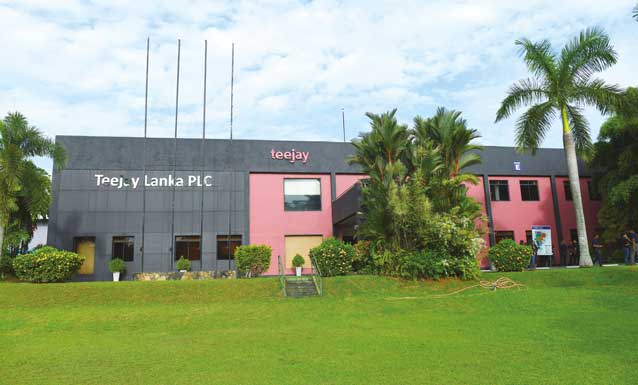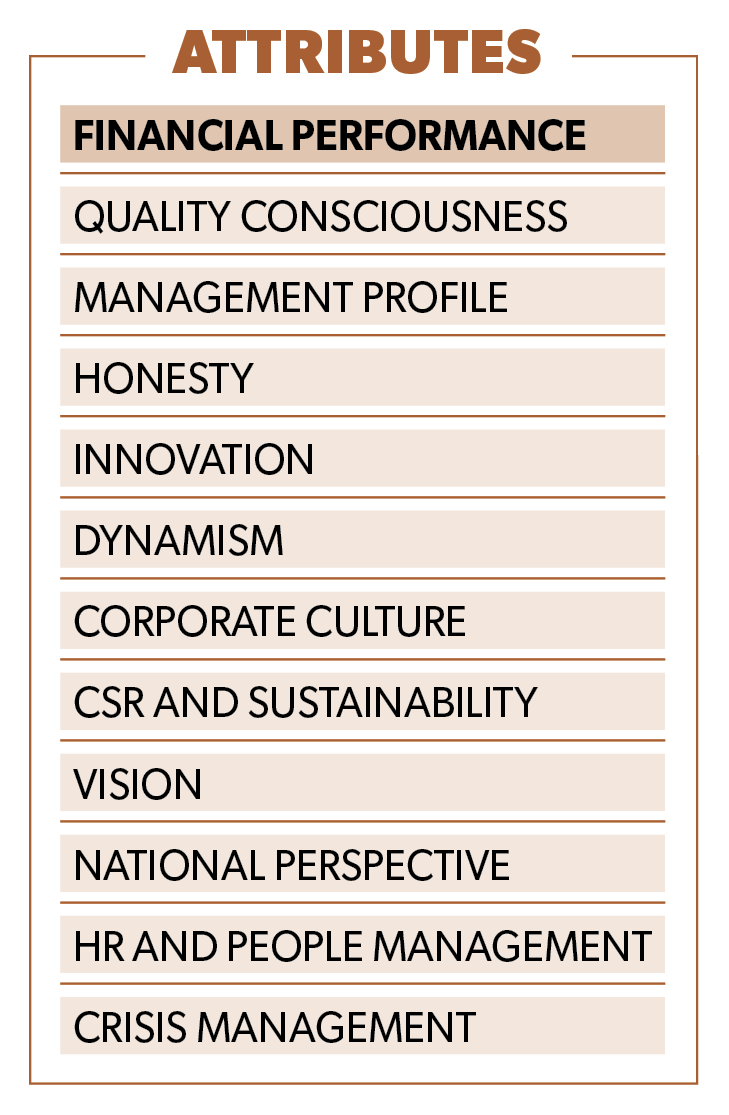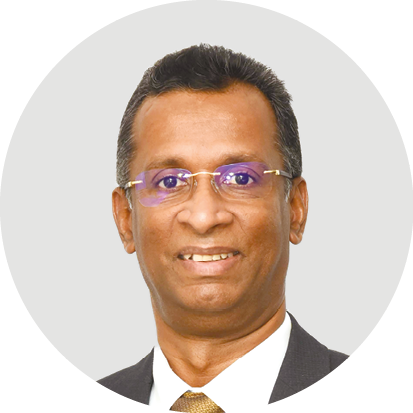TEEJAY LANKA
 Q: How does the apparel industry – including fabric and apparel accessories – contribute to Sri Lanka’s economy?
Q: How does the apparel industry – including fabric and apparel accessories – contribute to Sri Lanka’s economy?
A: Sri Lanka’s apparel industry has played a significant role in driving the economy forward.
In 2019, the industry’s foreign exchange contribution was US$ 5.6 billion, which fell to 4.4 billion dollars last year due to the pandemic – this amounts to 44 percent of the nation’s foreign exchange inflow.
The industry’s aspirational target for 2021 is US$ 6 billion. However, the fabric and accessories sector plays a silent but vital role in this equation by acting as the backbone for this industry. This is due to fabrics’ value addition to finished garment products being high.
As the sub-sector of the apparel industry, the fabric and apparel accessories sphere has grown to account for 800 million dollars from US$ 500 million a few years ago; and it has the potential to grow to two billion dollars.
This sector employs more than 20,000 workers and calls for specialised technical skills supported by local academic systems. For example, the University of Moratuwa, University of Peradeniya and technical colleges offer specialised programmes that cater to the talent requirements of the fashion design, and fabric and apparel sectors.
These technical competencies become marketable services for foreign companies and inject foreign exchange into the country.
Sri Lanka intends to leverage its strategic location and position itself as the supply chain hub in Southeast Asia amid the US-China trade tensions where companies seek to reduce their dependence on single source fabric suppliers.
Therefore, the industry is likely to provide ample opportunities for future generations.
 Q: How is the group’s financial performance reflected in its reputation?
Q: How is the group’s financial performance reflected in its reputation?
A: Consistent financial performance has enhanced the group’s reputation and is a result of collective efforts.
Prior to the pandemic, Teejay Lanka continued to improve its year on year earnings for nine consecutive quarters. This is testimony to the team as we managed to conclude the financial year on a strong note with a group net profit of Rs. 2.1 billion.
Teejay takes pride in its accurate forecasting and ability to communicate with investors. As a result of being one of the first to resume operations amid the pandemic and aided by its strategic partnerships, the group delivered a consistent performance.
It also has several plans to build on its US$ 300 million business journey – viz. expansion plans in India, modernising the local synthetic plant, and exploring new markets in Bangladesh and Africa, as well as nearshoring.
Q: What are the three most important attributes of a respected entity?
A: Communication, engagement, and trust and transparency are vital attributes. Open communication is a priority for a well-coordinated business partnership.
High levels of employee engagement lead to efficiency while ensuring that they’re proud of their workplace and motivated to deliver the organisation’s objectives.
Meanwhile, trust and transparency nurture organisational credibility and strong stakeholder relationships. As a publicly quoted entity, we consider these aspects with the highest regard since we deal with public funds.
Q: Where does a company’s culture figure in the ‘corporate respect’ equation?
A: Our corporate values are integrity, innovate to lead, collaboration and togetherness. These set the tone for the group’s culture.
For instance, integrity is an aspect we’re truly passionate about. Meanwhile, innovation enables us to overcome challenges that arise while developing the right culture. Collaboration and togetherness are vital in these times.
The amalgamation of these values helps us work together with all levels of hierarchy in the group and enhances corporate respect in the long term.
Q: Innovation is and will be the name of the game particularly in the post-pandemic era. How is this reflected in your group?
A: Innovation is not limited to products but extends to process and service innovation as well. Teejay has always focussed on offering sustainable products and solutions to customers.
Innovation and technology are key in any industry and certain niche products are part of our portfolio.
Among the initiatives we pursue are sustainability, automation through smart factory concepts, AI and smart textiles. We hope to reduce the consumption of resources through these methods.
Chief Executive Officer
Chief Financial Officer
www.teejay.com






